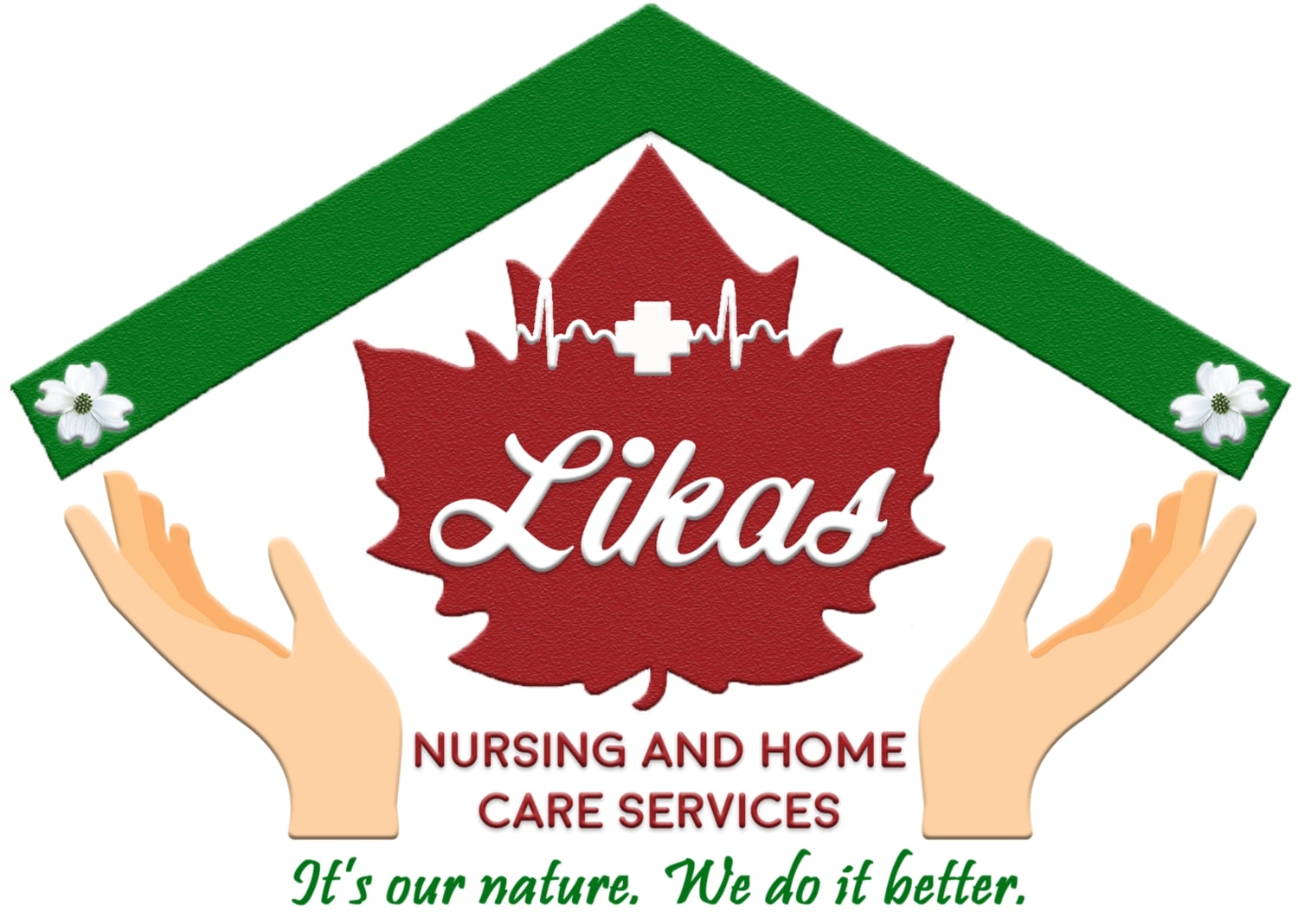
Recovering from an illness or surgery can be a challenging time for your body. It is during this period that your body needs optimal nutrition to heal and regain strength. Choosing the right foods can help boost your immune system, reduce inflammation, and provide the necessary nutrients for a speedy recovery. In this article, we will explore a list of nourishing foods to eat during convalescence.
1. Soups and Broths
One of the best ways to nourish your body during convalescence is through comforting soups and broths. They are easy to digest and can be packed with essential nutrients. Opt for homemade versions with fresh vegetables, lean proteins like chicken or fish, and the addition of herbs and spices for flavor. Bone broth, in particular, is rich in collagen and amino acids, which promote tissue repair and reduce inflammation.
2. Protein-rich Foods
Protein is essential for the repair and regeneration of tissues. Incorporate protein-rich foods into your convalescent diet, such as lean meats, poultry, fish, legumes, and tofu. These options provide the necessary amino acids to support the body’s healing process. Additionally, dairy products like yogurt and cottage cheese can be great sources of protein.
3. Nutrient-dense Fruits and Vegetables
Including a variety of fruits and vegetables in your diet can provide a range of essential vitamins, minerals, and antioxidants. Citrus fruits like oranges and lemons are excellent sources of vitamin C, which aids in wound healing. Dark leafy greens, such as spinach and kale, provide iron and folate, both crucial for red blood cell production. Incorporate colorful fruits and vegetables like berries, tomatoes, and peppers, as they are rich in antioxidants that can help reduce inflammation and boost the immune system.
4. Healthy Fats
While it is important to be mindful of your fat intake, including healthy fats in your convalescent diet can have numerous benefits. Omega-3 fatty acids, found in sources like fatty fish (salmon, mackerel), chia seeds, and walnuts, have anti-inflammatory properties and support brain health. Avocados, olives, and extra-virgin olive oil contain monounsaturated fats that promote heart health and can aid in the absorption of fat-soluble vitamins.
5. Whole Grains
Whole grains, such as brown rice, quinoa, oats, and whole wheat bread, are excellent sources of complex carbohydrates and fiber. They provide sustained energy, promote healthy digestion, and help regulate blood sugar levels. Consider opting for whole grains instead of refined carbohydrates that offer little nutritional value and can cause energy spikes and crashes.
6. Hydration and Herbal Teas
Staying hydrated is crucial for overall health, especially during convalescence. Drink plenty of water throughout the day to aid in digestion, detoxification, and the proper functioning of organs and tissues. Herbal teas like chamomile, ginger, and peppermint can offer additional benefits. Chamomile helps with relaxation and sleep, while ginger and peppermint aid digestion and soothe the stomach.
Conclusion
Eating the right foods during convalescence can significantly impact your recovery journey. Incorporating nourishing options like soups and broths, protein-rich foods, fruits, and vegetables, healthy fats, whole grains, and staying hydrated can provide your body with essential nutrients and promote healing. As always, consult with your healthcare provider or a registered dietitian for personalized dietary advice based on your specific needs and condition. Remember, taking care of your body during this time is paramount, so be kind to yourself and prioritize nourishing foods for a speedy recovery.



